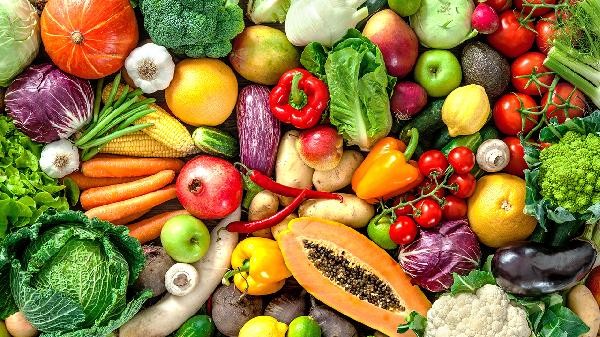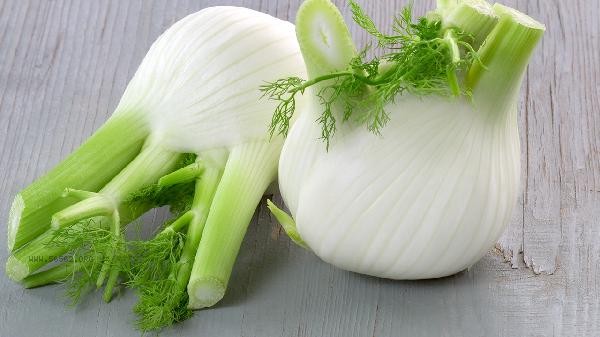Overnight vegetables can generally be consumed when stored properly, but attention should be paid to nutrient loss and increased nitrite content. The vitamin C and B vitamins in vegetables are easily lost during storage, and the nitrite content in leafy vegetables may increase overnight. Freshly cooked vegetables are stored in sealed refrigeration and are relatively safe to consume within 24 hours. The refrigeration temperature should be controlled below 4 degrees Celsius to avoid bacterial growth. Green leafy vegetables are recommended to be consumed on the same day, while root vegetables such as carrots and potatoes have good storage resistance. Before consumption, it is necessary to heat it thoroughly to above 70 degrees Celsius to kill any potential pathogenic bacteria. Cold dishes are not recommended for consumption as they have not been subjected to high temperature treatment and there is a high risk of microbial contamination after overnight use. Some vegetables such as spinach and celery contain natural nitrates, which can be converted into nitrites by bacteria. Infants, pregnant women, and those with weak gastrointestinal function should avoid consuming overnight leafy vegetables. Repeatedly heated vegetables not only have reduced nutritional value, but may also produce harmful substances. In high temperature environments during summer, even if refrigerated, it should be consumed within 12 hours.

Reasonably plan the portion size of dishes and try to eat them freshly. If storage is required, vegetables should be sealed and packaged while hot to reduce exposure to air. Store different types of vegetables separately to avoid cross contamination. By changing the cooking method, such as stir frying leafy vegetables over high heat or blanching and freezing them, the storage time can be extended. Develop a dietary habit of checking the status of food, and immediately discard any odors, discoloration, or mucus found.











Comments (0)
Leave a Comment
No comments yet
Be the first to share your thoughts!